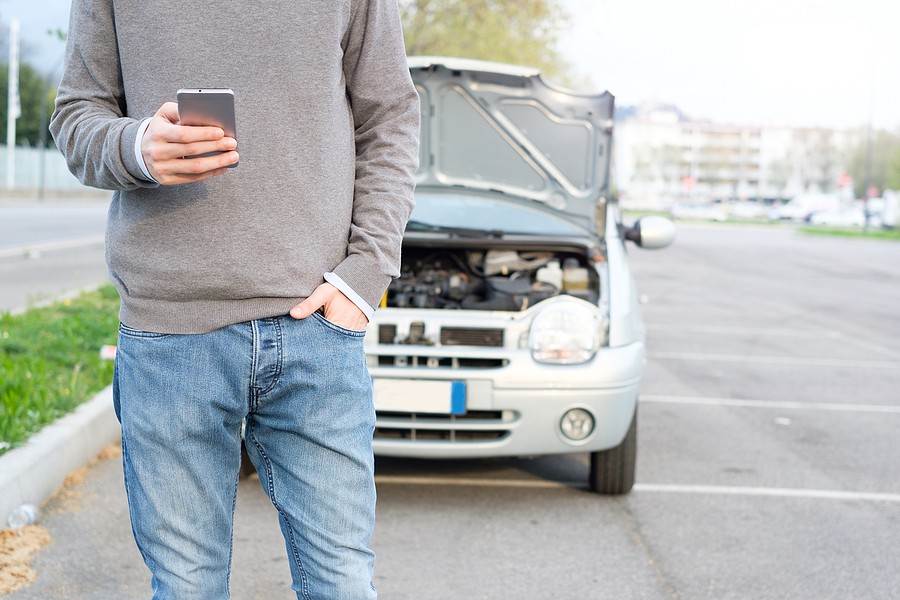When your engine seizes, it can be a daunting and stressful situation. Not only does it leave you without a working vehicle, but it also raises the question of whether or not it's worth repairing the engine. In this article, we'll take a closer look at the factors to consider when deciding whether or not to repair a seized engine.
Understanding Seized Engines
Before delving into the question of repair, it's important to understand what a seized engine is and what causes it. A seized engine occurs when the pistons in the engine become stuck and can no longer move. This can happen for a variety of reasons, including lack of lubrication, overheating, and using the wrong type of oil.
When an engine seizes, it can cause significant damage to the engine components. Depending on the severity of the seizure, the engine may be beyond repair and will need to be replaced.
Factors to Consider
When deciding whether or not to repair a seized engine, there are several factors to consider.
- Age and condition of the vehicle: If the vehicle is older or has been well-used, it may not be worth investing in a costly engine repair.
- Cost of repair: The cost of repairing a seized engine can vary depending on the extent of the damage. A professional mechanic will be able to provide a detailed estimate of the cost of the repair.
- Availability of replacement parts: Depending on the make and model of the vehicle, replacement parts for a seized engine may be difficult to find and more expensive.
- Potential resale value: If the vehicle has a high resale value, it may be worth investing in a repair.
- Personal attachment: If the vehicle holds sentimental value, some people may choose to repair the engine even if it is not economically feasible.
Alternatives to Repairing a Seized Engine
If the cost of repairing a seized engine is too high or the vehicle is not worth saving, there are alternatives to consider.
- Replacing the engine: If the engine is beyond repair, it may be necessary to replace it. This can be a costly option, but it may be the only way to get the vehicle running again.
- Selling the vehicle for parts: If the vehicle is not worth repairing, it may be possible to sell it for parts.
- Scrapping the vehicle: If the vehicle is not worth repairing or selling for parts, it may need to be scrapped.
Is It Worth Repairing A Seized Engine? FAQs
Q: How can I tell if my engine is seized? A: Signs of a seized engine can include a loud knocking or banging noise coming from the engine, difficulty turning the key in the ignition, or the engine not starting at all.
Q: Can a seized engine be repaired? A: In some cases, a seized engine can be repaired, but it depends on the extent of the damage and the cost of the repair. It is best to consult with a professional mechanic for a proper diagnosis.
Q: Is it more cost-effective to replace a seized engine or repair it? A: It depends on the specific situation. In some cases, it may be more cost-effective to replace the engine, while in others, repair may be the best option. It is best to consult with a professional mechanic for a proper diagnosis and estimate.
Q: How can I prevent my engine from seizing? A: Regular maintenance, such as regular oil changes and checking the oil levels, can help prevent engine seizing. Additionally, ensuring that the engine is not overheating and using the correct type of oil for your vehicle can also help prevent seizing.
Q: Will my car insurance cover the cost of repairing a seized engine? A: It depends on the specific details of your car insurance policy. It is best to check with your insurance provider to see if engine repairs are covered.
Q: Can a seized engine be un-seized? A: It is possible to un-seize an engine, but it depends on the extent of the damage and the cost of the repair. It is best to consult with a professional mechanic for a proper diagnosis.
Q: Can I drive my car with a seized engine? A: No, it is not safe to drive a car with a seized engine. Attempting to do so can cause further damage to the engine and can put you and other drivers at risk.
Q: Will a seized engine affect the transmission? A: A seized engine can cause damage to the transmission if the transmission is connected to the engine. It is best to consult with a professional mechanic for a proper diagnosis.
Q: How long can a seized engine last? A: A seized engine can last anywhere from a few minutes to a few days, depending on the extent of the damage. It is best to consult with a professional mechanic for a proper diagnosis.
Q: Can a seized engine cause a fire? A: A seized engine can cause a fire if the engine gets too hot and causes a nearby flammable material to catch fire. It's important to turn off the engine immediately and call emergency services if you suspect that your engine is seizing and there is a risk of fire.
Conclusion
Deciding whether or not to repair a seized engine is a difficult decision that requires careful consideration of several factors. The age and condition of the vehicle, the cost of repair, the availability of replacement parts, the potential resale value, and personal attachment are all important factors to consider. If the cost of repair is too high or the vehicle is not worth saving, there are alternatives to consider such as replacing the engine, selling the vehicle for parts, or scrapping it. Ultimately, it is important to consult with a professional mechanic to determine the best course of action for your specific situation.



